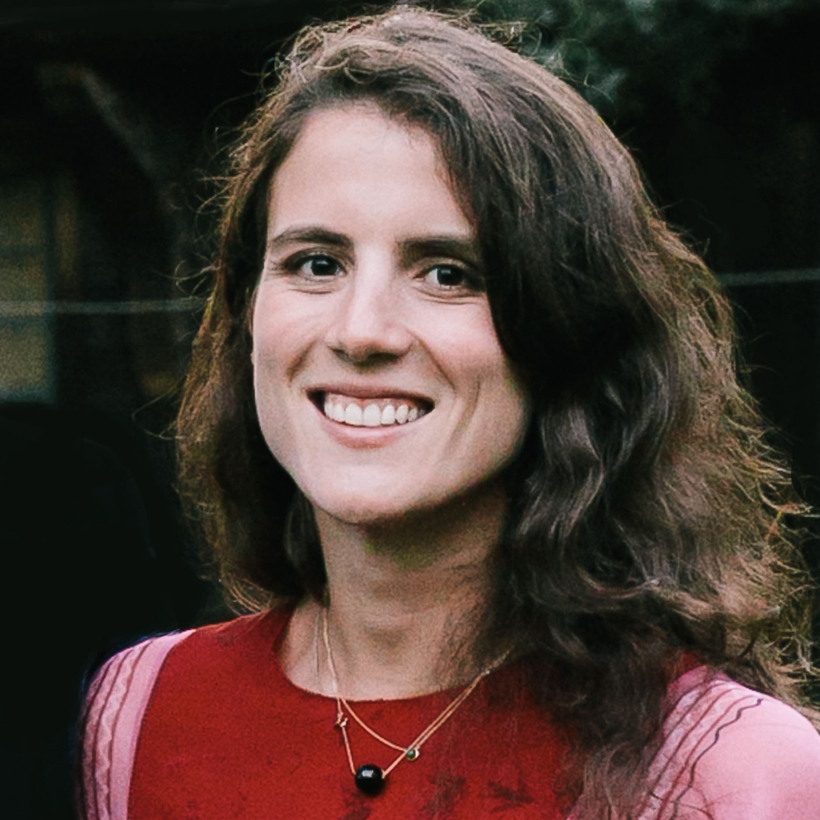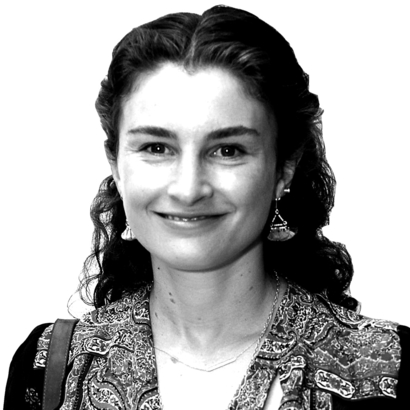When Tatiana Schlossberg started writing about climate change for The New York Times science desk, in 2016, people kept asking her for a road map through the often conflicting information about how one’s personal habits harm the environment. Roughly three and a half years later, she is publishing Inconspicuous Consumption: The Environmental Impact You Don’t Know You Have. Given that her subjects include the history of air-conditioning and the complications of coal-ash disposal, her book is a surprisingly readable explanation of how different areas of our daily consumption contribute to the climate crisis.
She examines subjects as wide-ranging as the ecological impact of Bitcoin and how the lithium battery in your iPhone is powered by cobalt mined in unsafe, destructive conditions in Congo.


